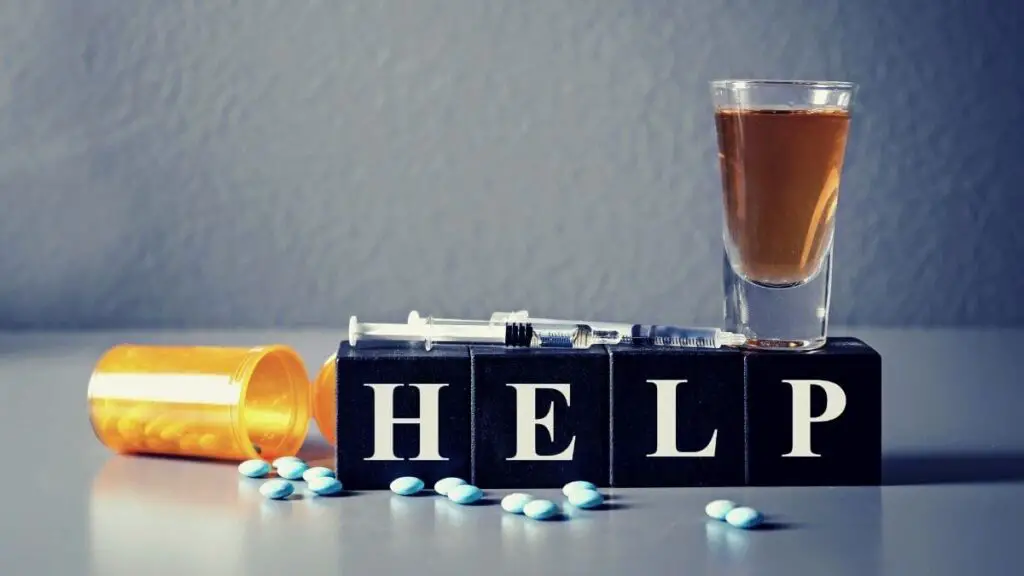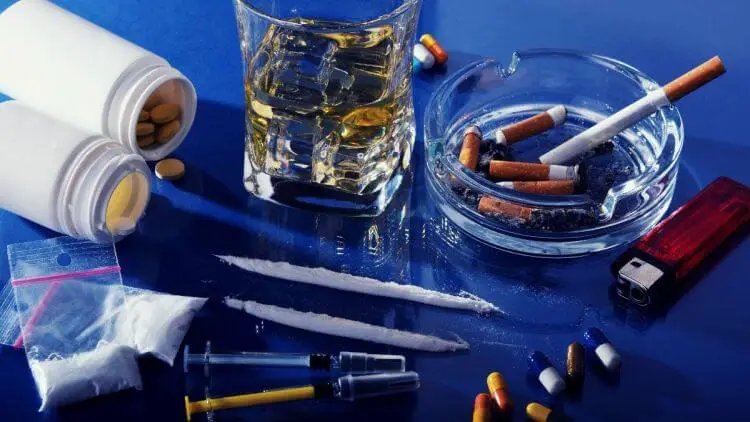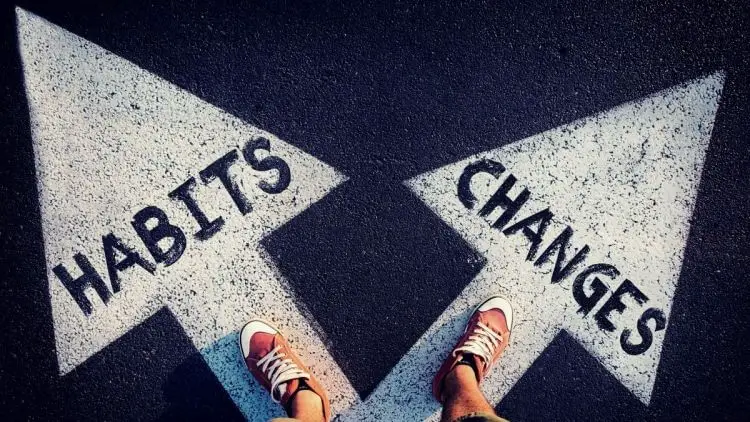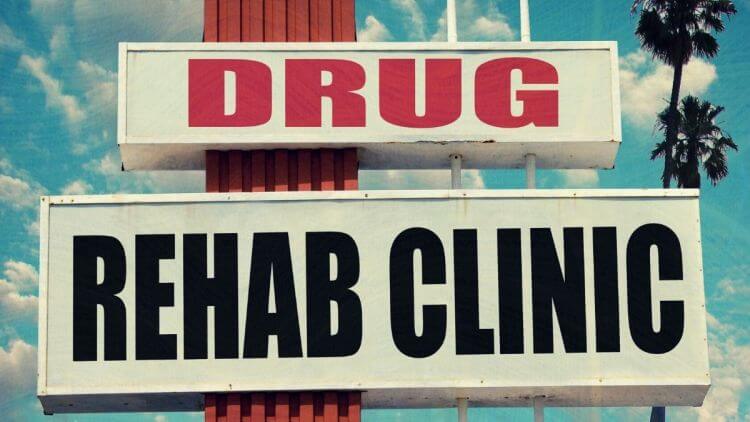Drug addiction can be one of the most debilitating addictions as it is so difficult to control and overcome. Many younger people get caught up in the drug scene, but what we often don’t think about is how this addiction will follow them into their later years. There are also people who become addicted, sometimes accidentally, later in life.
Drug addiction in seniors is more prevalent than we think and it is just as severe and debilitating as it is in younger adults, sometimes more so. Elder drug abuse gets much less attention, however.
So, let’s look at senior drug use and rehabilitation. That begins with a larger look at senior drug addiction itself.
What is the Difference Between Drug Addiction and Substance Abuse?
We all know what full-blown drug addiction looks like. Maybe we’ve seen it in a family member or maybe we’ve seen it on various drug themed movies, or maybe we are living it. Not every addiction looks like the ones in the movies. Not all people who use drugs will become addicts. So, what is the difference between substance abuse and drug addiction?
Drug abuse is using drugs not for their intended purpose or using illicit drugs recreationally. Drug addition is what emerges from drug abuse, it is a chemical dependency.
These two terms are often used interchangeably but they actually refer to two different things. Addiction often develops from substance abuse and thus it is important to look out for signs of substance abuse in order to intervene before full-blown addiction sets in.
Abusing drugs (and alcohol is a drug) can cause chemical changes in the brain that leads to addiction. According to the National Institute of Drug Abuse, addiction is a chronic disease that is very difficult to control. Addiction is not just severe substance abuse but is rather a physical change that takes place in the body due to the chemical changes in the brain brought on by abuse of substances.
These chemical changes in the brain compel the person to keep using the substance no matter how dire the consequences. Added to this physical addiction are the feelings of hopelessness and helplessness over being unable to control one’s own body. This can often lead to depression.
Symptoms of Drug Addiction
For most drug addictions, the symptoms are similar. There are a few symptoms that are specific to particular drugs, but the list below will give you a good idea of what to look out for if you suspect drug addiction.
- Developing a tolerance to the drug
- Experiencing withdrawal symptoms when you try to stop using the drug
- Being unable to stop, even when you want to
- Constantly thinking about the drug and how it makes you feel
- Constantly thinking of how to get the drug
- Failure to complete daily tasks
- Neglecting responsibilities
- Relationship problems with family and friends
- Irregular sleep patterns, sleeping too much or too little
- Change in appetite and eating habits
- Weight gain or loss
- Blood shot eyes
- Tremors and shakes
- Lethargy
- Clenching the jaw
- Runny nose (cocaine addiction)
- Pinpoint pupils (heroin and opioid addiction)
- Lack of personal hygiene
- Mixing drugs and alcohol
- Stealing or borrowing money to pay for drugs
- Secretive behavior
- Lying and dishonesty
- Isolating oneself from family and friends
- Changing social circles
- Abusing prescriptions to get more drugs
- Irritability and agitation
- Changes in motivation
- Negative self-image
- Paranoid thoughts
- Depression and anxiety
- Loss of physical coordination
Risk Factors of Addiction
Not everybody that tries drugs will become a drug abuser or a drug addict. There are certain factors that make one more prone to becoming an addict. Here are some of the risk factors for addiction.
- Family history of addiction
- Mental illness
- Traumatic life events
- Past abuse or domestic violence
- Lack of social support like family or friends
- Poverty
- Homelessness
What is Considered Substance Abuse?
If you use a substance more often than you should or in a higher dose than prescribed, this is substance abuse. For example, if you have pain medication and you take them more often than prescribed or you take more tablets than prescribed, this is substance abuse and is cause for concern.
Behavioral Signs of Substance Abuse
- Failing to fulfil obligations
- Irritability and moodiness
- Isolating oneself from friends and family
- Regularly missing work or social events
- Denying the severity of the drug use problem
- Hiding the use of the drugs
What Drug is Most Commonly Used by Older People?
Alcohol
Alcohol is the most used substance in the 65 years and older category. It is difficult to say what percentage of older adults abuse alcohol due to a lack of reporting and a difficulty in diagnosis. The American Geriatrics Society and the National Institute for Alcoholism Abuse and Alcoholism recommends that older adults drink no more than 7 standard drinks per week.
This is the equivalent of 12 oz of beer, 4-5 glasses of wine or 1.5 oz of 80 proof liquor. At-risk drinking is considered anything more than 3 drinks on one occasion or 7 drinks in a week. It is estimated that 16% of older men and 10% of older women are at-risk drinkers.
Binge drinking is also common among older adults. Binge drinking is anything more than 5 drinks in one sitting. 19,6% of older men and 6,3% of older women are binge drinkers.
Tobacco
Tobacco is a popular drug in the over 65 years age group. Most tobacco users are long term, heavy users and are dependent on nicotine. 14% of older adults are tobacco users.
Cannabis
Cannabis is the most used of the illicit drugs among older adults. With the legalizing of medical use of marijuana there is a good likelihood that more older adults will use it to cope with illness-related side effects such as pain and nausea.
Illicit Drugs
More American older adults use illicit drugs than older adults of any other country. Despite this statistic, a very low percentage of older American adults use illicit drugs.
Prescription Drugs
Prescription drug abuse is when a person takes more of the drug than has been prescribed, take more often than has been prescribed, mix drugs with alcohol or mix drugs with other drugs. Taking drugs prescribed to another person is also drug abuse. Most older adults that suffer from prescription drug abuse do so by mistake.
According to the National Institute of Drug Abuse, 50% of people between the ages of 57 and 85 take more than 5 medication or supplements daily. This increases the risk of drug abuse. As people age their metabolism slows and this can affect how the body absorbs and processes drugs. This could also be a factor in why so many older adults struggle with drug abuse.
It is important to ask your doctor if the medications you are taking can interact negatively with each other or with alcohol or nicotine, if this applies.
What are the 6 Stages of Rehab?
The six stages of rehabilitation usually follow in order, but a person can revert to a previous stage many times during the recovery process. It is important for a person entering into recovery to know what lies ahead and what to expect.
1) Pre-contemplation
In this stage a person’s addictive behavior is not necessarily negative or debilitating. Their behavior has not led to negative consequences and thus does not seem to be a problem. The person will be in denial that they have an addiction. They will not realize or admit to the severity of their addiction. They will not be ready to listen to advice regarding quitting or negative side effects of their addiction.
A person with addictive behavior that is in the precontemplation stage can be grouped into one of four categories:
- Reluctant Precontemplator: They are unaware of their problem and thus are not motivated to change.
- Rebellious Precontemplator: They don’t want to stop their addictive behavior because they don’t like being told what they can and can’t do.
- Resigned Precontemplator: They are so overwhelmed by their addictive behavior that they have given up all hope of ever changing.
- Rationalizing Precontemplator: They think they have everything under control and have many reasons as to why their substance use is not a problem.
2) Contemplation
In this stage a person has realized that there is a problem, but they are not ready to commit to change. They are more open to hearing what the negative side effects could be and to what options are available to overcome the addiction. The denial of the precontemplation stage gives way to feelings of shame, guilt and depression.
This stage can last years. A person may then move forward to the next stage or revert to the precontemplation stage. Conversations with good friends or family members can be very helpful in this stage.
3) Preparation
The person in this stage is now ready to commit to change. They might meet with the necessary health care workers to determine options for treatment. They will decide on a course of action and be proactive in decision making. In this stage it is important to spend time deciding the correct course of action to ensure the best possibility of recovery.
A person will still be using their chosen substance throughout the first 3 stages. They may try to cut back or give up on their own but will most likely be unsuccessful.
4) Action
This stage sees the first real change in behavior. It may begin by going to a detox clinic or treatment center. Here medical professionals can help them through the first physical stages of withdrawal. As the abuse has become a physical addiction the withdrawal from the substance can have severe physical side effects and it is thus advisable to go through this process under medical supervision.
Addiction is both a physical and an emotional phenomenon. To overcome the emotional addiction, they will go through therapy that will help to find the underlying cause of the addiction. Therapy helps the person to understand how addiction works and how to overcome it.
Some addicts go through a period of grieving as they let go of their substance, which has become a form of emotional support and a coping mechanism. In this stage they will be equipped with strategies to help them cope with triggers and stresses. These coping strategies should prevent them from experiencing relapses once they have reached the maintenance stage.
5) Maintenance
Maintaining the new behavior is probably the most difficult of the stages. It is easy to slip back into old habits and relapse. A relapse is not a failure but rather part of the process to recovery. It is thus important that the person has plenty of support regarding their new lifestyle. A person in this stage will experience a new-found freedom and may experience extreme highs.
These highs are often followed by lows. This is normal as the body learns to cope with the new sobriety. These mood swings will diminish with time. The longer they manage to maintain their substance-free lifestyle the easier it will become.
6) Transcendence
This is the goal in the recovery process. In this stage, a person no longer feels threatened by the substance they were abusing and is comfortable with their substance-free lifestyle. They no longer fear a relapse and are confident in their recovery.
Where to Find Addiction Treatment for Older Adults
There are many addiction treatment centers throughout America that cater for older adults. A little research will need to be done to find one that is appropriate for you or your loved one. Here are some sites that will help you to find a center that is near you and in your price range.
The American Addiction Center site shows treatment centers in the USA. Each center is rated out of five stars. There is an option to call the center where you can speak to somebody and ask any questions you may have. Although these are not specifically for older adults, they may be more convenient or appropriate for your needs.
Pine Grove is a treatment center that caters to adults aged 55 and over. It is Pine Grove’s belief that people respond best to treatment when among their peers.
The Hazelden Betty Ford Organization has both inpatient and outpatient programs designed specifically for older adults. Patients must be aged 50 or older to attend.
The Recovery Village has many centers throughout the US. Some are specifically for adults and are thus equipped to help older adults through the recovery process. They also offer teletherapy or online treatment.
Once the initial detox or withdrawal has been passed through, there are many organizations that will help a person on their road to sobriety. Most of these follow a 12-step program. These include:
If you think you may have a dependency on alcohol, or any other substance, reach out for help today. It is never too late to get help and turn your life around.
Further Reading on Senior Drug Abue
If you want to read more about recovery, consider the following books:
- Adams, Taite (Author)
- English (Publication Language)
- Eisele CACIII, Joseph (Author)
- English (Publication Language)
- Coombs, Jason (Author)
- English (Publication Language)
If you have personal experience with drug addiction or helping an addict, please share in the comments section if you’re willing.








